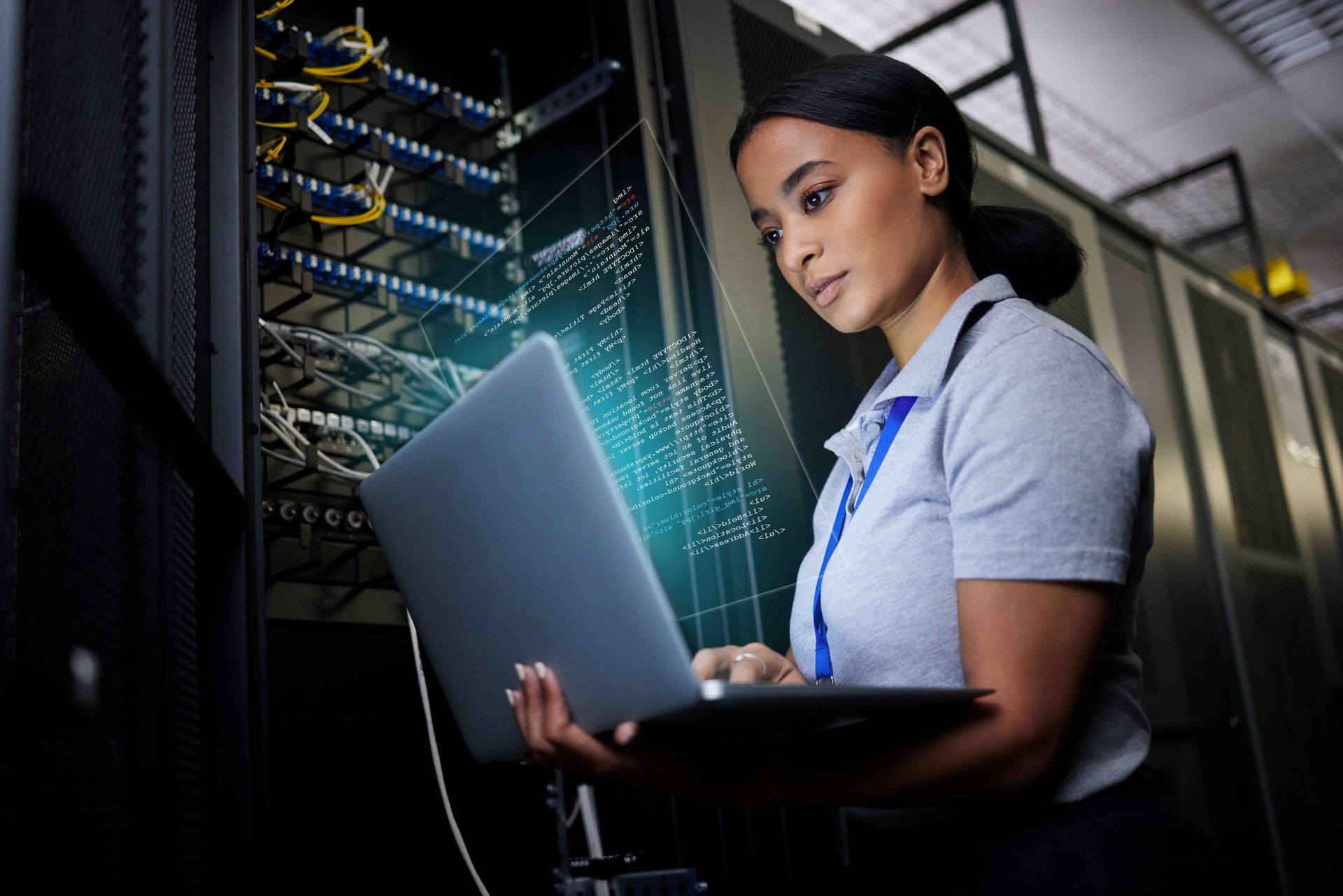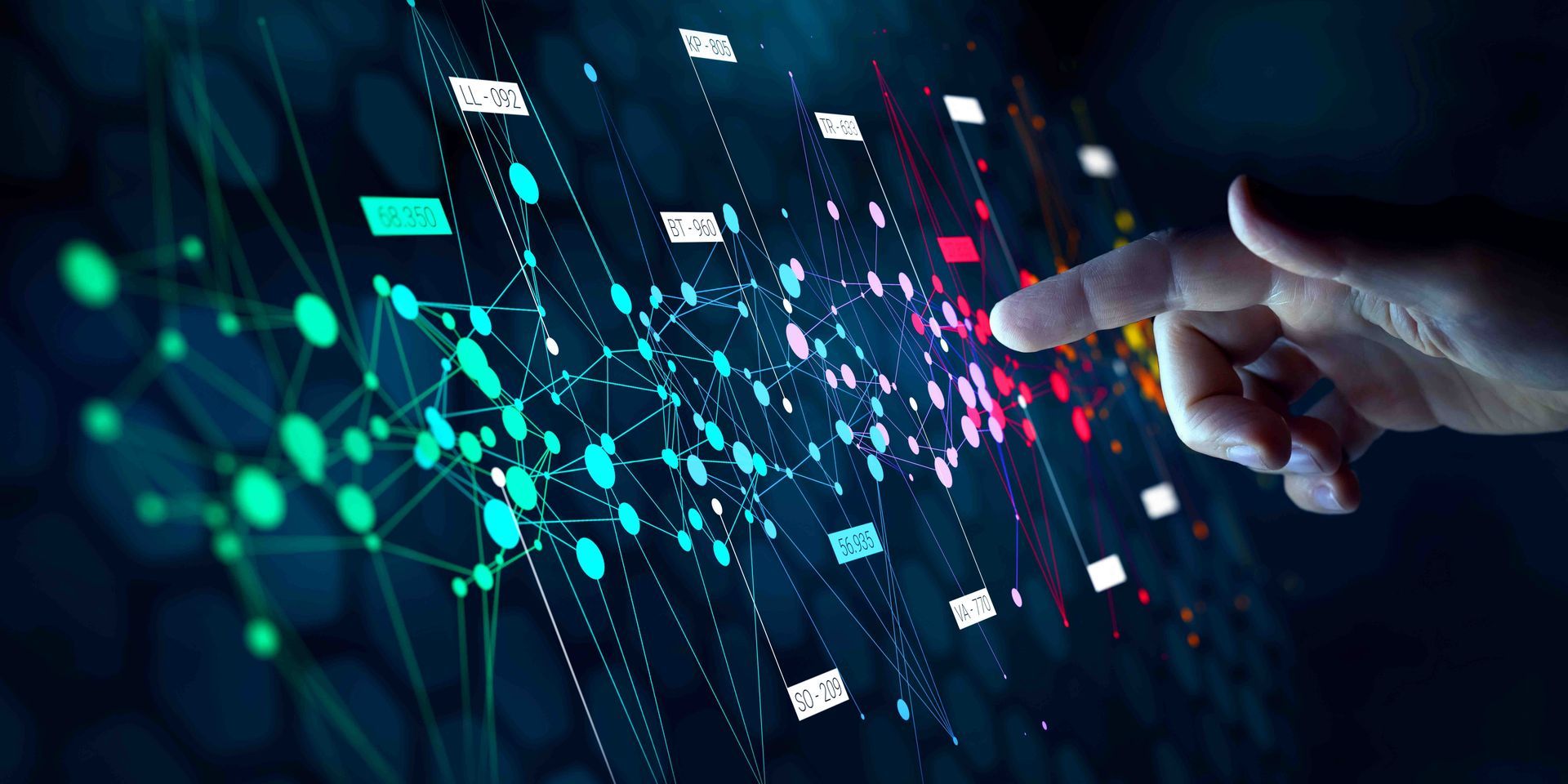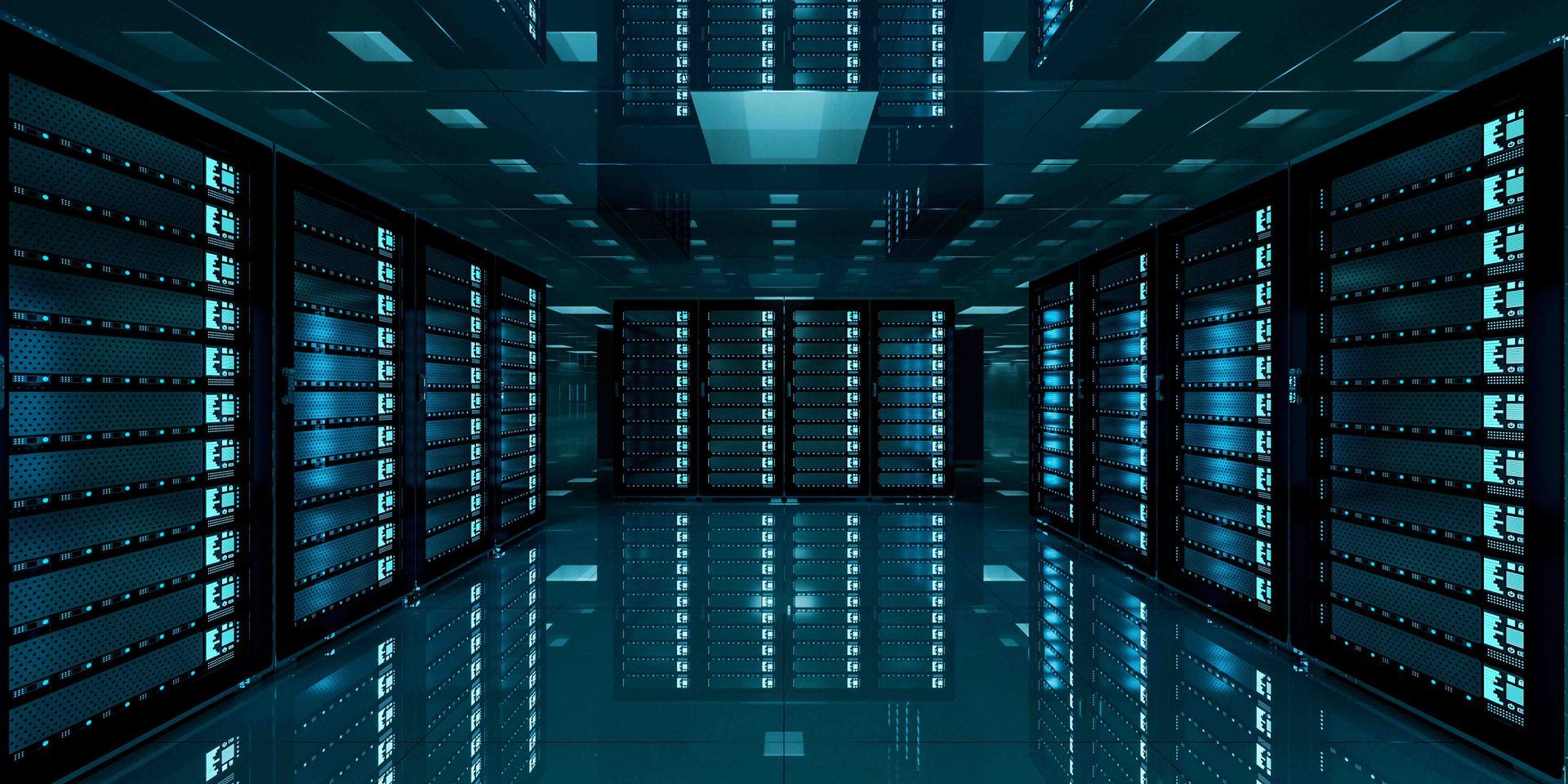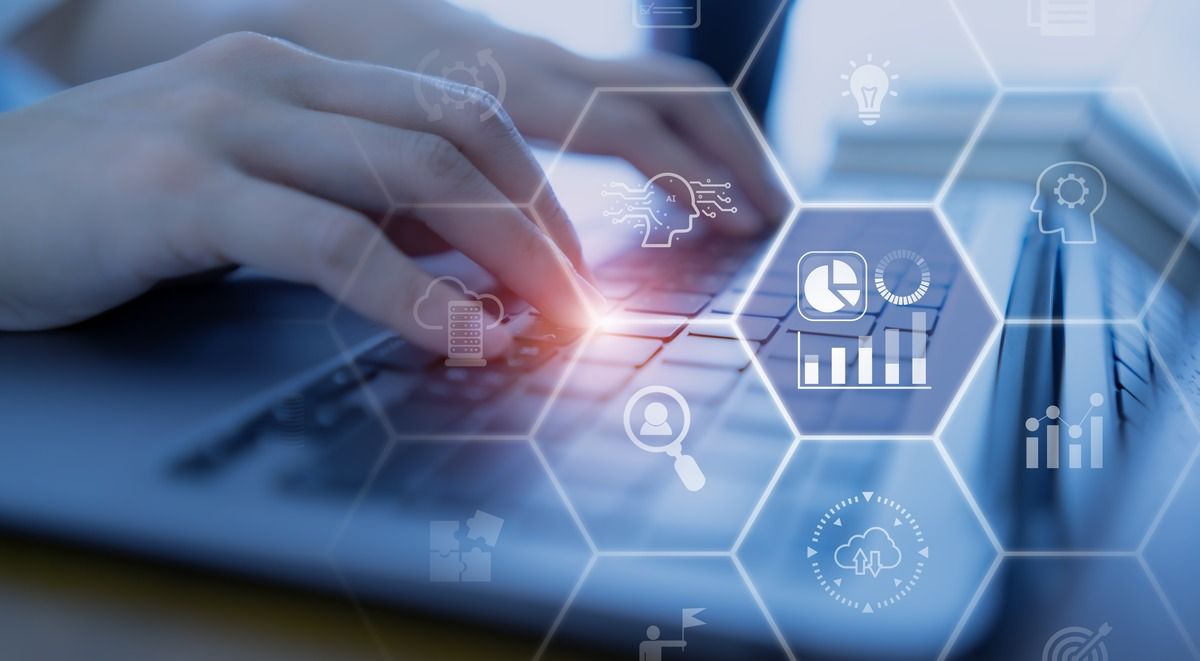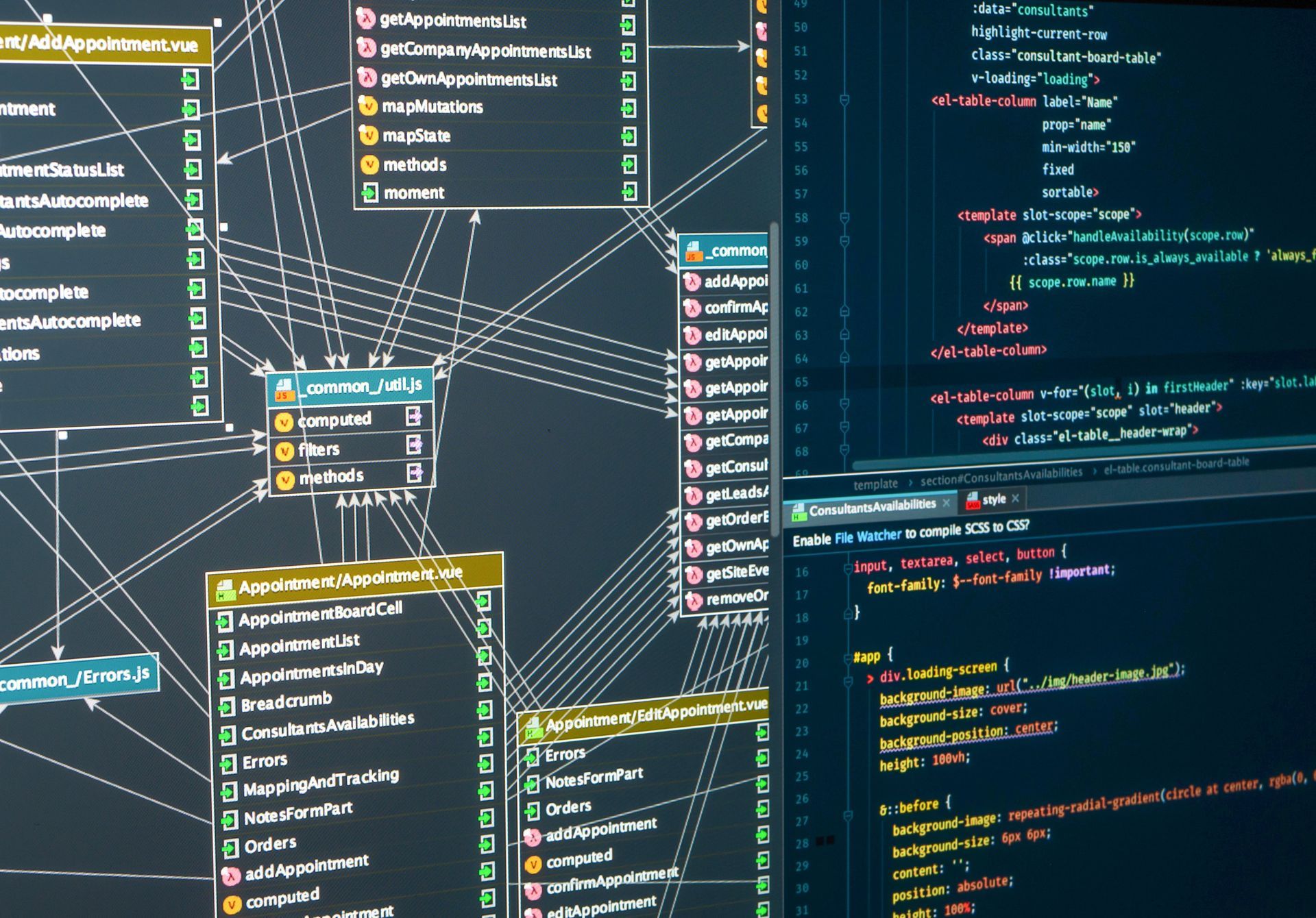Edge Computing vs Cloud Computing: Which One Will Serve You Best
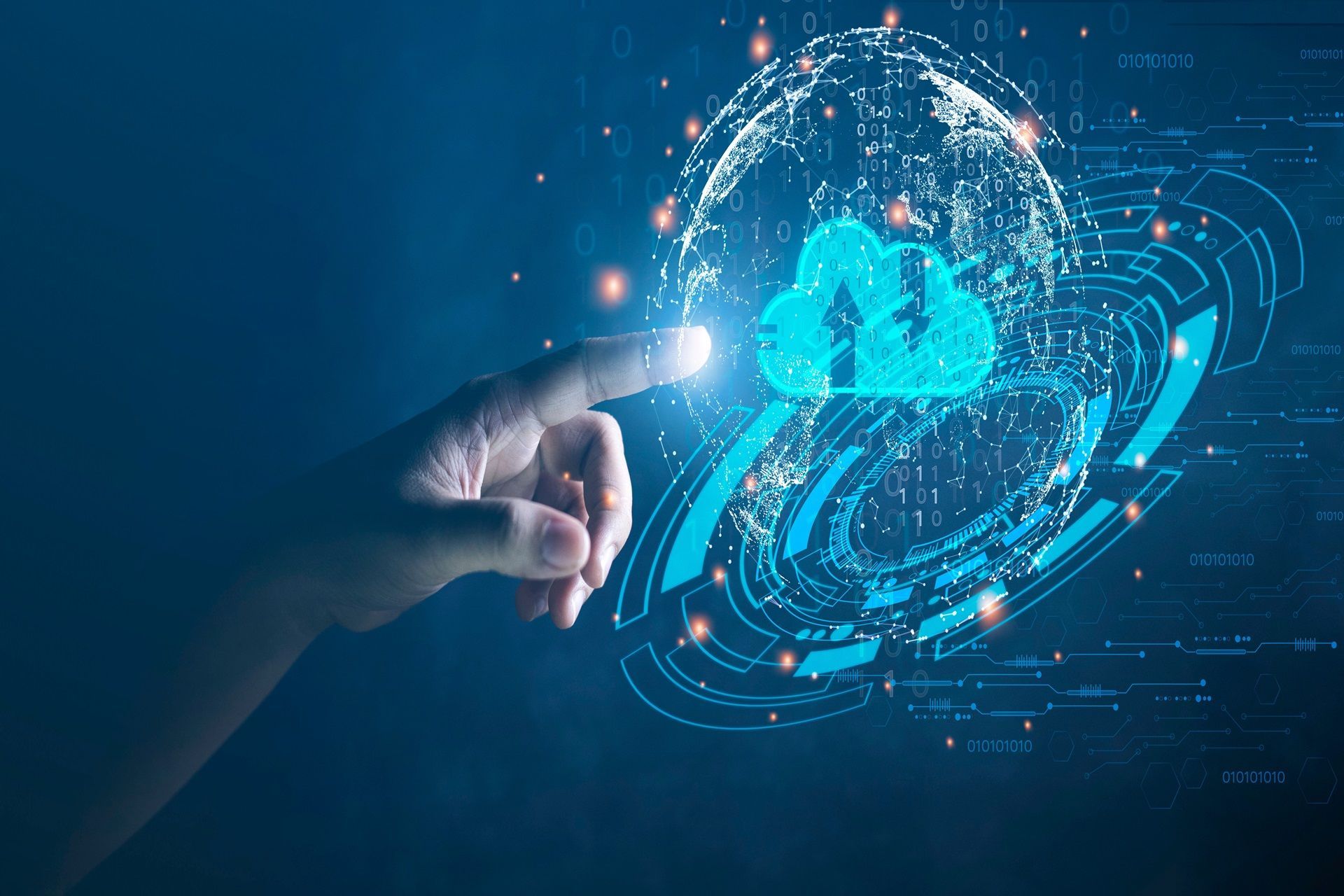
Businesses and individuals alike are always looking out for the best ways to store, process, and manage data. In today’s technologically reliant world, edge computing, and cloud computing are considered some of the top dogs. But what’s the difference between the two of them?
In this matchup of edge computing vs cloud computing, we’ll explain what they are, including their purposes. We’ll also discuss which type will serve you best based on any needs and preferences you may have. Let’s take a look now at what you need to know about these two computing types.
What is Edge Computing?
Edge computing is a computing model that is decentralized. Its chief intent is processing data closer to its source or “edge” (hence the name). This type of computing will reduce the need to send data to a cloud data center that is centralized.
With edge computing, data is processed and analyzed locally. This can give you an advantage for applications that use real-time processing. An example of things that use edge computing include but are not limited to Internet of Things (or IoT) devices, autonomous vehicles, and industrial automation.
What is Cloud Computing?
Unlike its edge computing counterpart, cloud computing’s model is centralized. It relies on remote servers that are housed in data centers in order to store and process data. A user will access these resources via the internet - making it easier for flexibility and scalability.
A wide variety of applications, such as web hosting, data storage, machine learning, and software development, rely on
cloud computing. Even better, if you need to access data that is stored, you can access it just about anywhere so long as you have the right credentials.
What are The Key Differences Between The Two?
Now that you have an understanding for both computing types, let’s discuss the key differences between them:
Latency and Speed
Data processing relies on latency and speed. When it comes to edge computing and cloud computing, there’s a huge difference between them. Local data processing is the bread and butter of edge computing.
As a result, this leads to minimal latency. If you are utilizing applications that demand decision making in real-time, edge computing will be the best option. Those who work on the technology of autonomous vehicles handle this kind of computing since it requires such vehicles to make real-time decisions (albeit in quick action).
Meanwhile, cloud computing relies on centralized data centers for processing data. The possibility of delay due to data transmission will render it useless for real-time applications.
Bandwidth and Data Transfer
If you are utilizing edge computing,you’ll notice that the need for transferring a large amount of data to a remote data center is lesser compared to its cloud computing counterpart. If you are using applications in environments that are remote or bandwidth-constrained, you’ll find this kind of computing more valuable.
Cloud computing relies on high-bandwidth Internet connections. This is used for data transfer. Keep in mind that cloud computing may not be cost-effective or feasible in areas that have limited connectivity.
Scalability
This is one of the most important elements of any kind of computing. In the case of cloud computing, scalability is one of its strong points. Cloud service providers offer users to quickly expand their resources so they are able to meet any demands they have - especially when they change quickly.
Edge computing faces challenges when it comes to scalability. That’s because hardware needs to be used at edge locations. On top of that, there is the need for time and money upfront.
Reliability
There should be no compromise when it comes to reliability. You want to make sure every piece of technology works properly and at all times. Cloud computing data centers will have mechanisms that handle any redundancy or failover situations.
As such, they can be able to minimize any downtime or data loss. Edge computing will rely on the reliability of local hardware. However, it may not match the level of redundancy and resilience that large-scale cloud data centers have.
Security and Privacy
It’s reasonable to be concerned about security and privacy. However, the nature of those concerns are different when we compare edge computing vs cloud computing. Because edge computing data is processed locally, it can enhance security by reducing its exposure to any external threats.
Individual edge devices must be secured. The task itself can be a challenge. With cloud computing, data concerns about data privacy and security are heightened.
The reason for this is that remote data centers are responsible for the process of data. Choosing the right security measures are important when it comes to the type of computing you're considering.
Things to Consider When Making a Choice
Here are some things to consider if you are deciding between edge computing or cloud computing:
- Latency requirements: If you have an application that demands real-time data processing and minimal latency, edge computing is your best option.
- Bandwidth and connectivity: Edge computing can reduce the burden network resources face. It should be important to consider the available bandwidth and Internet connectivity in the deployment environment that you’re in.
- Cost considerations: This is one factor not to skip out on. Cloud computing will usually require ongoing service fees. Meanwhile, edge computing may require hardware and deployment costs - which can be significant and upfront.
- Data privacy and security: Evaluate how sensitive your data is and the necessary security measures. Edge computer will provide local security while cloud computing data centers will provide you with strong measures for data protection
Let OamiiTech Help With Your Computing Needs
If you are looking for
cloud computing solutions, OamiiTech has you covered. Whether it’s for a business or individual needs, we’ll ensure that your data is stored properly and at a fast rate of speed. Best of all, your data can be accessed any place and any time.
Have any questions? Be sure to
contact OamiiTech and we’ll help you out with any computing needs you may have.
Disclaimer: The information on this website and blog is for general informational purposes only and is not professional advice. We make no guarantees of accuracy or completeness. We disclaim all liability for errors, omissions, or reliance on this content. Always consult a qualified professional for specific guidance.

